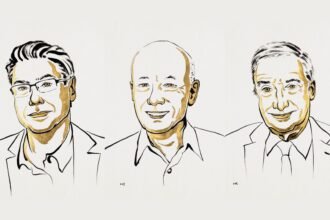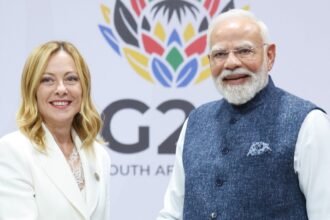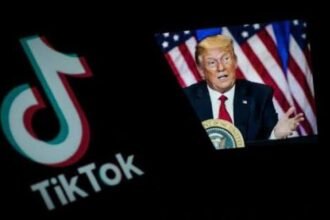A Shifting Domestic Landscape
President Donald Trump’s second term has been marked by a series of sweeping executive actions. From sending federal forces into cities to crack down on crime, to asserting direct control over trade and industrial policy, the White House is projecting an image of strong, centralized leadership.
Yet according to a Reuters/Ipsos poll, many Americans remain uneasy about this rapid expansion of presidential authority. While supporters view it as a necessary corrective to bureaucratic inefficiency and urban instability, critics warn it risks undermining constitutional checks and balances.
Dr. Amanda Clarke, a political scientist at Georgetown University, argues: “The problem is not just Trump’s policies, but the precedent they set. Future presidents may cite today’s actions to justify even greater centralization, eroding democratic safeguards.”
The Foreign Policy Front: Targeting India and China
Domestically contested power has translated into bold moves abroad. Washington is urging its G7 partners to impose steep tariffs on India and China for their continued imports of Russian oil. The administration insists that energy revenues from Moscow undermine sanctions and extend Russia’s capacity to wage war.
But the strategy risks collateral damage. India is seen as a cornerstone of U.S. Indo-Pacific strategy, vital in counterbalancing China. Punitive tariffs could weaken that partnership at a time when Washington needs New Delhi most.
As Professor Michael Green of Johns Hopkins SAIS notes: “The U.S. cannot simultaneously ask India to be a bulwark against Beijing while punishing it for pragmatic energy decisions. It sends mixed signals about what partnership with America truly means.”
The Global Ripple Effect
This dual dynamic centralized power at home and aggressive trade leverage abroad is reshaping America’s global posture. Allies in Europe are watching closely. While they share U.S. concerns over Russia, there is hesitation to punish India, a fellow democracy with its own strategic challenges.
Meanwhile, China is framing the U.S. approach as evidence of “Western hypocrisy,” pointing out that Washington lectures on free trade while weaponizing tariffs for political ends. For Beijing, every crack between Washington and New Delhi represents an opportunity.
A Crossroads for U.S. Leadership
The bigger question is whether the U.S. can still embody the values it promotes globally. If domestic politics veer toward unchecked presidential power, Washington’s credibility in championing democracy abroad will weaken. If foreign policy becomes primarily transactional — tariffs for compliance — long-term alliances may fray.
As Dr. Clarke concludes: “The United States finds itself at a crossroads. It must decide whether its strength lies in raw power or in preserving the institutions and partnerships that made it influential in the first place.”
Conclusion
The intertwined debates — about democracy at home and leverage abroad — are not separate. They feed into each other, shaping how the world sees America. For now, Trump’s White House projects power. The question is whether that power will translate into sustainable leadership or accelerate a shift toward a multipolar order where America’s word carries less weight.

